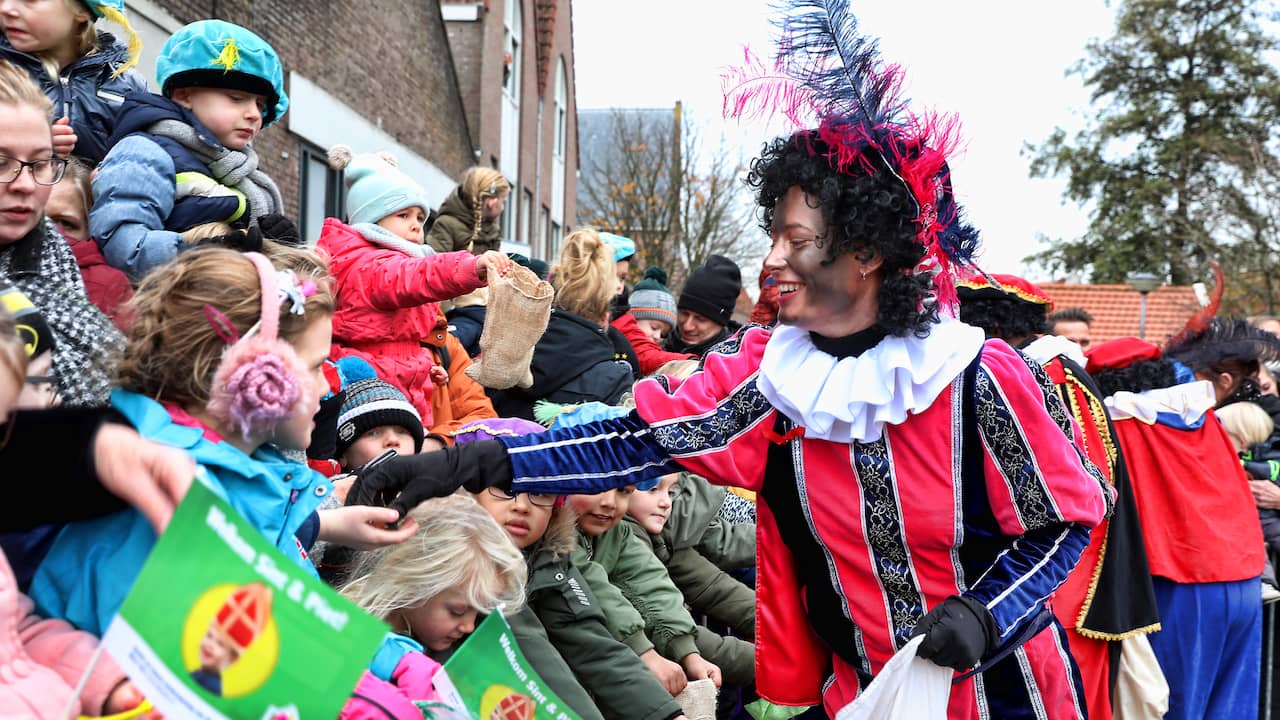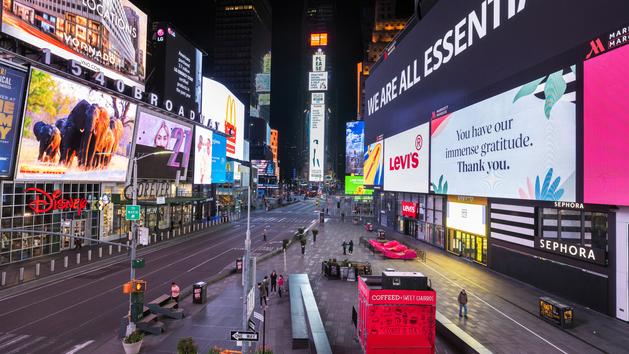The largest groups and pages on Facebook with supporters of Zwarte Piet have since been removed, according to an inventory by NU.nl. This happened after Facebook announced a few weeks ago that it would ban images and videos of Zwarte Piet.
Pages such as Zwarte Piet enthusiasts (more than 52.2 thousand likes), Action group Pro Zwarte Piet (44.6 thousand likes) and Red Zwarte Piet (30 thousand likes) have disappeared from the social network. People who want to visit the pages will be notified that the content is not available.
Also other pages that had more than ten thousand likes and showed Zwarte Piet are now inaccessible. The same goes for groups. The Zwarte Pieten fan club with 10.2 thousand members has disappeared. The ZWARTE PIET MUST STAY group, with 5.4 thousand members, is now also offline.
Facebook banned photos and videos of Zwarte Piet as part of a global approach to blackface. By this Facebook means that “a person clearly has a black or darker face painted, in combination with stereotyping elements, such as large earrings, an afro wig or large lips”.
Not all groups and pages with many likes and members have been removed. For example, the PRO Zwarte Piet group with 17.3 thousand members still exists. However, the group has been made private so that outsiders cannot view the content. A Zwarte Piet can still be seen on the main image. Members of private groups can also report images.
There are still a number of groups and pages with Pete pictures to be found on Facebook, but they often have no more than dozens or a few hundred followers.
An automated approach to blackface in the long term
Although the image of Zwarte Piet is banned on Facebook, images and videos must be reported before Facebook intervenes. A spokesperson for Facebook said the goal is to “eventually use artificial intelligence for blackface policy, as we already do a lot for other house rules”.
The introduction of this technology, with which the images could be detected more proactively and without reporting, is still too early, according to Facebook. “The danger is that you take too much away and then freedom of expression is compromised.”
Facebook was unable to share exact numbers. “We’ve only just started, so it’s a little early to look back.”
– .


